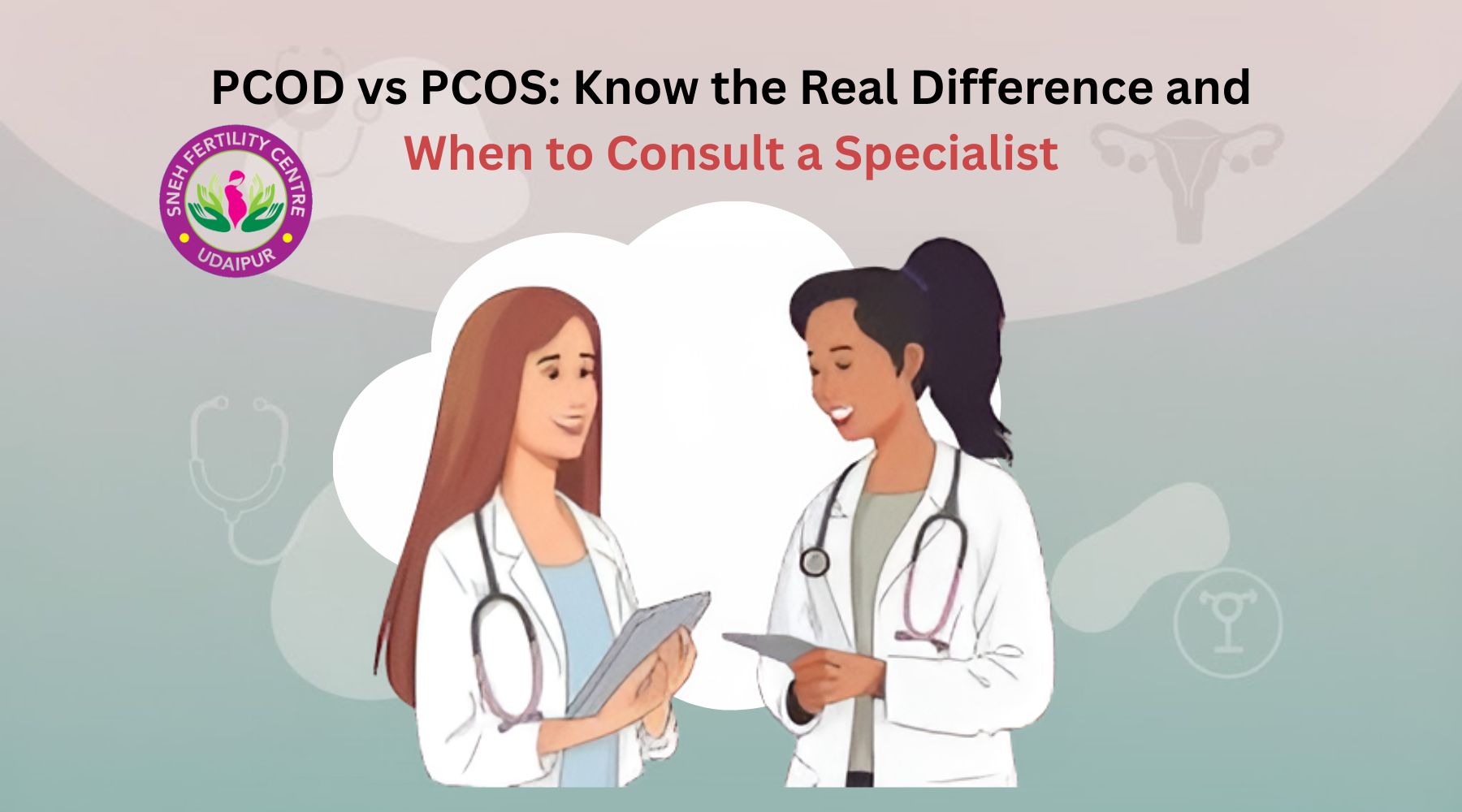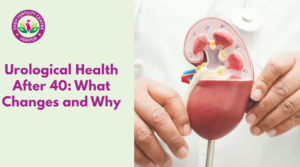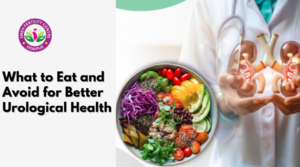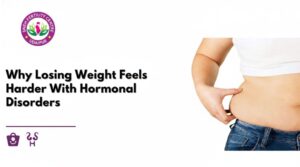Your period’s late again. Or maybe it decided to skip two months this time. You’ve put on weight even though you’re eating the same way, and those breakouts on your face just won’t quit. Sound familiar?
When you finally googled your symptoms (we’ve all been there), two terms probably popped up: PCOD and PCOS. And now you’re more confused than before because they sound like the exact same thing with different names.
We get it. Even our patients walk in asking, “Doctor, do I have PCOD or PCOS? Are they different?” The short answer is yes, they’re different. The longer answer? That’s what we’re going to talk about today, in plain simple language without the medical textbook stuff.
Let Me Explain PCOD First
PCOD means Polycystic Ovarian Disease. Your ovaries are supposed to release one egg each month, right? With PCOD, they make several eggs but these eggs don’t grow properly. They stay immature and sometimes turn into small cysts inside the ovary.
Why does this happen? Usually because your hormones get a bit out of balance. Your body starts making more androgens (yes, these are called male hormones but women have them too, just in tiny amounts). When there’s too much of it, your monthly cycle goes haywire.
Nobody can point to one single reason. It’s usually a combination of things. Stress is a big one. So is eating too much fried or packaged food. Quick weight gain or loss can trigger it. And sometimes it just runs in families, if your mother or sister has it, you might get it too.
Your periods stop following any schedule. They come late, or sometimes don’t come at all, for months. You gain weight around your stomach, and it feels like it’s glued on permanently. Your skin gets greasier, pimples show up more often. Hair on your head starts thinning.
But here’s some relief: PCOD is pretty common, and most women manage it well. Change what you eat, move your body regularly, get your stress under control, and things usually improve. Getting pregnant? That’s still possible for most women with PCOD, sometimes with a little medical help.
Now Let's Talk About PCOS
PCOS stands for Polycystic Ovary Syndrome. This one’s trickier because it doesn’t just affect your ovaries. It messes with your entire system, your metabolism, your insulin levels, everything.
Women with PCOS often can’t process sugar properly. Their body become resistant to insulin. This opens the door to bigger problems like diabetes, blood pressure issues, and heart trouble later in life.
Periods become a mess. They might come once every few months or stop completely. Hair starts growing on your face, chest, or back (which is really frustrating and embarrassing). Acne gets worse and regular treatments don’t work. Weight becomes nearly impossible to control. You feel moody, can’t sleep well, and energy levels crash. Getting pregnant becomes difficult because ovulation doesn’t happen regularly.
PCOS isn’t something you can fix with just diet and exercise. You need proper medical treatment and someone monitoring your health long-term.
When You Should Stop Googling and See a Doctor
We all ignore health issues sometimes. We think they’ll fix themselves. But with hormone problems, waiting too long just makes everything harder to treat.
Book an appointment if your period has become completely unpredictable, you’re putting on kilos without changing anything about your routine, hair is growing where it shouldn’t or falling out where it should be, acne won’t go away no matter what you try, you’ve been trying to have a baby for months with no luck, or you’re exhausted all the time and feeling emotionally drained.
Getting checked early makes treatment so much easier. Plus, you’ll finally get some answers instead of worrying endlessly.
What Actually Works for Treatment
Both PCOD and PCOS get better with the right care. It’s about finding what suits your specific body and situation.
Eat proper meals. Home-cooked food beats restaurant and packaged stuff any day. Fill your plate with vegetables, protein, and good fats. Go easy on sugar, white rice, maida, and junk snacks. Move around every day. You don’t need a fancy gym membership. Walking for 30 minutes works. Yoga works. Even doing household chores counts if you’re active.
Stress will wreck your hormones faster than anything else. Find what calms you down talking to friends, listening to music, sitting quietly for ten minutes, whatever helps. Sleep properly. Your body fixes hormone issues while you sleep. Seven to eight hours, every night.
Your doctor might suggest medicines to balance your hormones or get your periods regular again. Some supplements help with metabolism and egg quality. If you’re planning pregnancy, fertility treatments are available. There are treatments for the annoying symptoms too acne creams, hair loss solutions, insulin medications if needed. You’ll probably need regular ultrasounds and blood tests to track how things are improving.
One thing I always tell my patients: don’t take medicines based on what worked for your friend or what you read online. Every woman’s body is different. What helps someone else might not help you, or could even cause problems.
Why Women in Udaipur Trust Sneh Healthcare
At Sneh Healthcare, we understand something important: hormone problems don’t just mess with your body. They affect your mood, your confidence, how you feel about yourself, your relationships, and your plans for the future. That’s why we don’t just treat symptoms. We listen, we understand, and we create a plan that fits your life.
Our Gynecologists in Udaipur have years of experience with PCOD treatment in Udaipur and PCOS management. We have proper diagnostic equipment to figure out exactly what’s happening. Your treatment plan gets designed specifically for you not some generic advice. Whether you need help managing PCOD, dealing with PCOS, or planning for pregnancy, we walk with you through the whole journey.
PCOD vs PCOS isn’t just some confusing medical terminology. It’s about understanding what’s actually happening inside your body so you can get the right help. Both conditions are completely treatable. Thousands of women manage them successfully and go on to live normal, healthy lives.
If something feels off with your body, listen to that feeling. You’re not overreacting. Your health concerns are real and valid. And you deserve proper care from someone who takes you seriously.
Want to talk to someone who’ll actually explain things clearly and help you figure out the next steps? Book your appointment with our specialists at Sneh Healthcare. We’ll help you understand what’s going on and create a plan that works for you. Because feeling good in your own body isn’t a luxury it’s something you deserve every single day.






